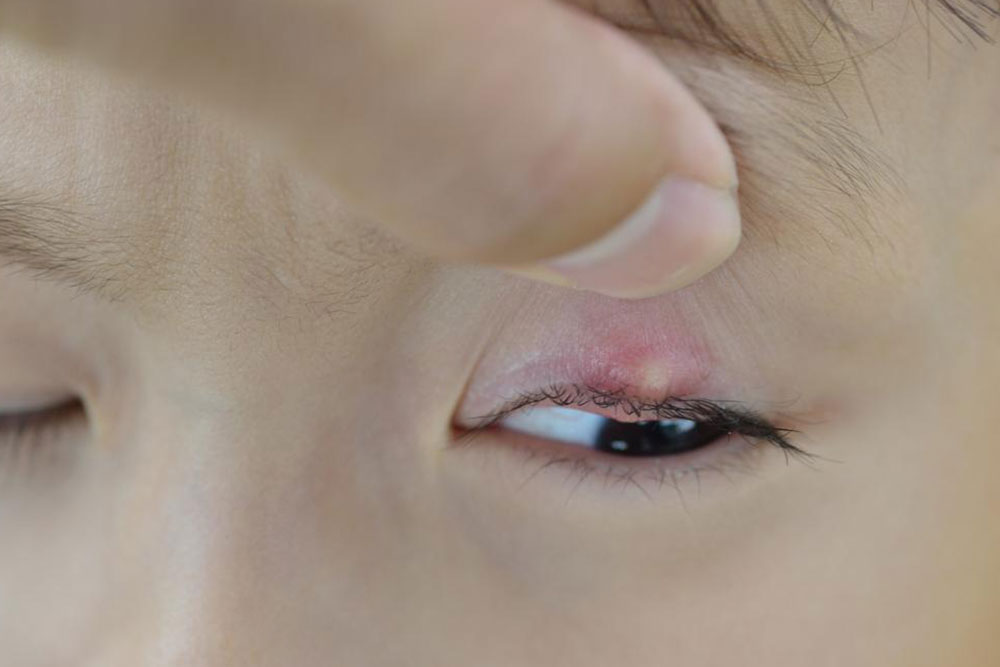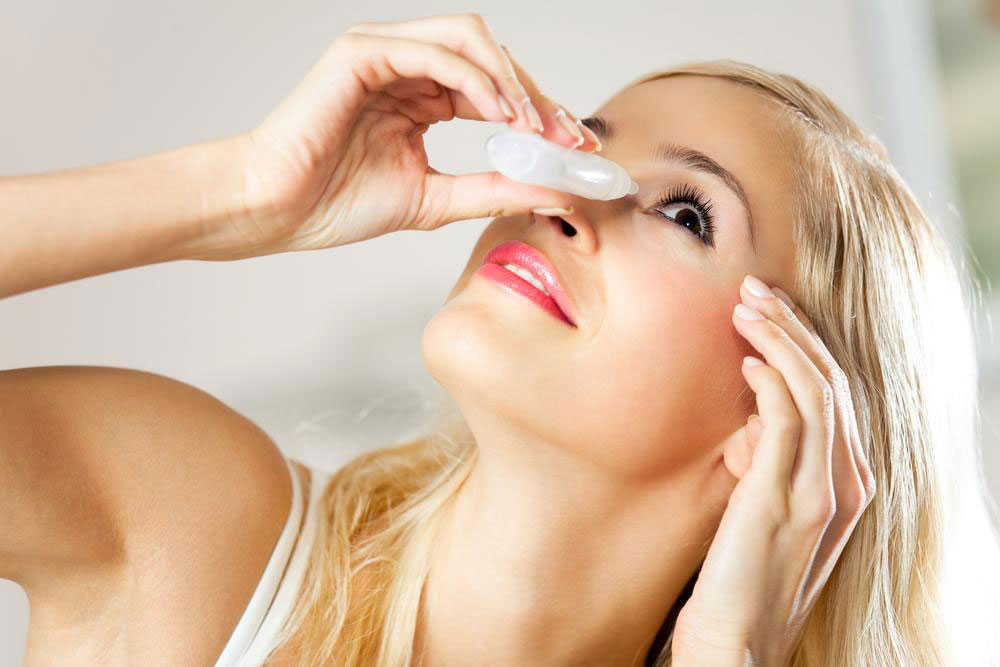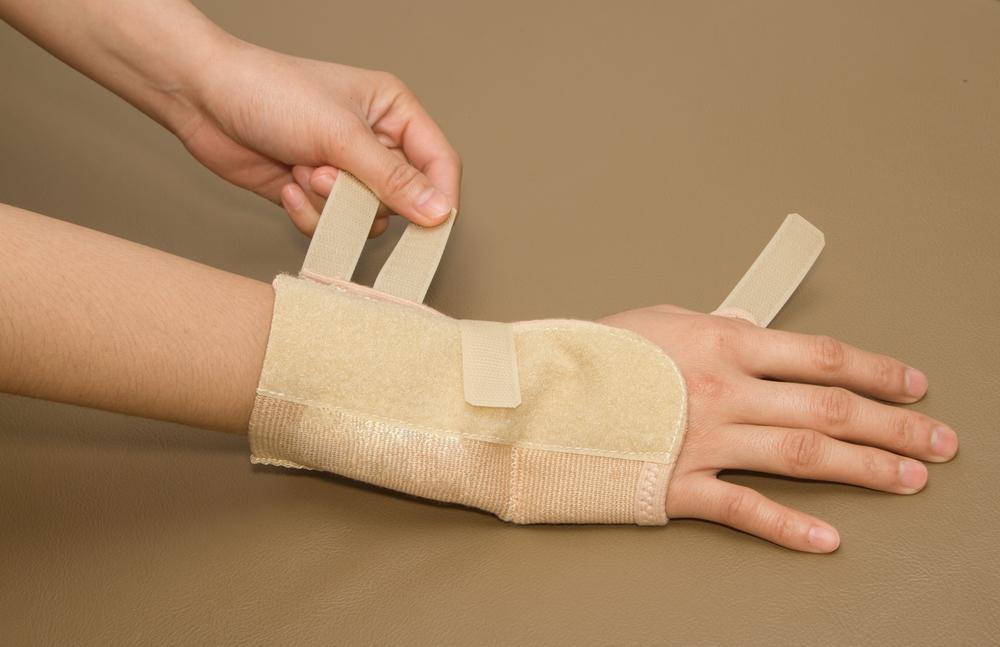Comprehensive Home Remedies to Manage Blepharitis Symptoms Effectively
Discover effective home remedies for blepharitis, including warm compresses, omega-3-rich foods, castor oil, and honey application. These natural solutions can alleviate symptoms such as inflammation, itching, and redness, helping you manage this common eyelid condition comfortably at home. Learn how to implement simple routines that support eyelid health, reduce discomfort, and prevent complications, all while avoiding unnecessary medication. Regular eyelid hygiene combined with these natural remedies offers a safe, economical way to maintain eye health and improve quality of life.

Comprehensive Home Remedies to Manage Blepharitis Symptoms Effectively
Blepharitis is a common and often persistent eye condition characterized by inflammation of the eyelids. This inflammation can cause a variety of uncomfortable symptoms, including burning sensations, itching, swelling, redness, and crusting around the eyelashes. Although it might seem minor at first, untreated blepharitis can lead to more serious issues such as blurred vision, eyelid discomfort, and increased risk of secondary infections. While the exact causes of blepharitis can vary—from allergies to bacterial or fungal infections—many factors are beyond immediate control. However, adopting a consistent eyelid hygiene routine combined with natural home remedies can significantly reduce symptoms, promote healing, and prevent further complications.
In this comprehensive guide, we will explore effective, natural, and safe home remedies for managing blepharitis symptoms. These methods are simple, affordable, and can be incorporated into your daily routine to improve eye health and comfort.
Warm Compress Therapy: Applying a warm compress to closed eyelids is one of the most effective ways to treat blepharitis at home. The warmth helps to soften crusts and debris, facilitating their removal and promoting healthy oil flow from the eyelid glands. To perform this, soak a clean, soft cloth in warm water, wring out excess water, and gently place it over closed eyelids for about 5-10 minutes. Repeat this process two to three times daily for optimal results. Consistent warm compress therapy can significantly reduce inflammation, improve blood circulation, and hasten the healing process.
Incorporation of Omega-3-Rich Foods: Diet plays a crucial role in managing blepharitis, especially through the intake of omega-3 fatty acids. Fish such as salmon, mackerel, tuna, and sardines are excellent sources of omega-3s which have anti-inflammatory properties. Consuming these fatty fish at least twice a week can help to reduce eyelid inflammation, improve the functioning of oil glands in the eyelids, and alleviate symptoms like dryness and irritation. Alternatively, omega-3 supplements can be considered after consulting with a healthcare professional. An anti-inflammatory diet not only benefits eye health but also supports overall wellness.
Using Castor Oil for Soothing Relief: Castor oil is renowned for its anti-inflammatory and antimicrobial properties. Rich in ricinoleic acid, it can effectively soothe itchy, inflamed eyelids. To use, take a clean cotton swab, dip it into high-quality, cold-pressed castor oil, and gently apply a small amount to the eyelids while they are closed. Do this once daily after thoroughly cleaning the eyelids. Avoid getting castor oil directly into the eyes to prevent irritation. Regular use can help reduce swelling, alleviate discomfort, and promote healing of inflamed tissues.
Natural Honey Application: Honey has natural antibacterial and antifungal properties, making it a beneficial home remedy for blepharitis. Raw, organic honey can be applied externally to the eyelids to help fight infections and reduce inflammation. Before application, ensure hands are thoroughly washed. Using sterile techniques, spread a tiny amount of honey on a clean cotton swab or pad and gently dab it on the affected eyelid areas. Leave it for 10-15 minutes before rinsing with lukewarm water. Honey’s soothing and healing qualities can accelerate recovery and provide relief from discomfort. However, eye safety is paramount; avoid direct contact with honey into the eyes.
It's important to note that while these remedies can be highly effective in managing mild to moderate blepharitis symptoms, they do not replace professional medical treatment. Persistent or worsening symptoms should prompt a consultation with an eye care specialist. Rubbing or scratching the eyes can exacerbate inflammation and increase the risk of secondary infections. Maintaining good eyelid hygiene by gently cleaning the eyelids daily with warm water and avoiding eye irritants can contribute to long-term relief and prevention of recurrent blepharitis.





